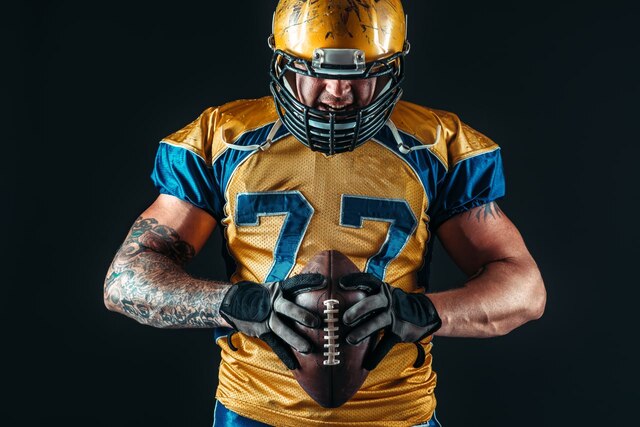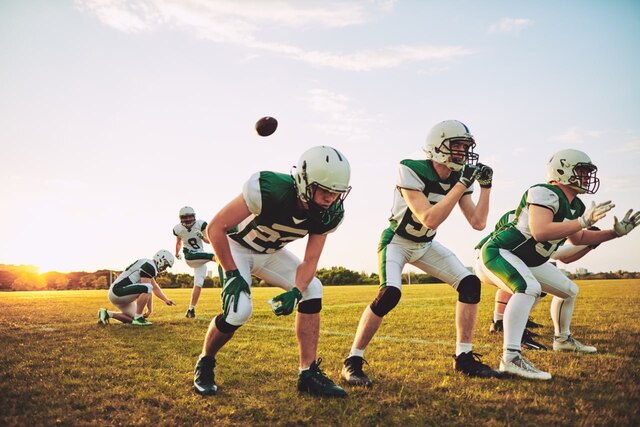Amid the ongoing debate about COVID-19 vaccinations within the NFL, many players express hesitancy or outright refusal to get vaccinated, often citing misconceptions influenced by an environment rife with misinformation. Dr. Thom Mayer of the NFLPA emphasizes that these athletes, as informed adults, have legitimate concerns that warrant honest responses. Here’s a straightforward engagement with common vaccination concerns among NFL players, using relatable football analogies.

Vaccination Concerns and Responses
Concern 1: Uncertainty about long-term vaccine effects.
Response: It’s true that the long-term effects of these newly developed vaccines are not yet fully known because they have only been in use for about a year. However, historical data on vaccines show that long-term side effects are exceedingly rare and generally appear soon after administration, if they occur at all. The mRNA technology, while new, has been rigorously tested for safety. Those concerned about mRNA can opt for the Johnson & Johnson vaccine, which uses traditional virus vector technology.
Concern 2: Vaccinated individuals still contract COVID-19.
Response: Indeed, vaccination does not guarantee 100% immunity. However, data shows that vaccinations significantly reduce the likelihood of infection and virtually eliminate the risk of severe symptoms. This reduction is akin to improving your odds during a football game; just as certain plays are designed to increase success rates, vaccines significantly lower the risk of adverse outcomes.
Concern 3: Frequent testing negates the need for vaccination.
Response: While frequent testing is crucial, it is not infallible. Tests can miss infections, and results may lag, during which time an infected player could spread the virus. Vaccination reduces the likelihood of contracting and subsequently spreading the virus, acting as an additional layer of protection that complements testing.
Concern 4: Vaccination is a personal choice.
Response: While personal health choices are typically private, infectious diseases like COVID-19 make individual decisions a public concern. Just as public safety measures are implemented to prevent harm caused by actions like drunk driving, vaccinations are advocated to protect public health. Your decision impacts not only your health but also the health of those around you.

Broader Implications
Engaging with these concerns isn’t just about correcting misinformation but understanding the broader context in which these decisions are made. NFL players, like the general public, navigate a complex information landscape where personal health decisions intersect with public health outcomes. Recognizing this, discussions about vaccinations should be handled with empathy and an emphasis on education, ensuring players understand not only the personal health benefits but also their role in the community’s health.
As the situation evolves, this dialogue must continue, addressing new data and concerns responsibly and transparently, always aiming to align personal health choices with the collective well-being of the community and the team.